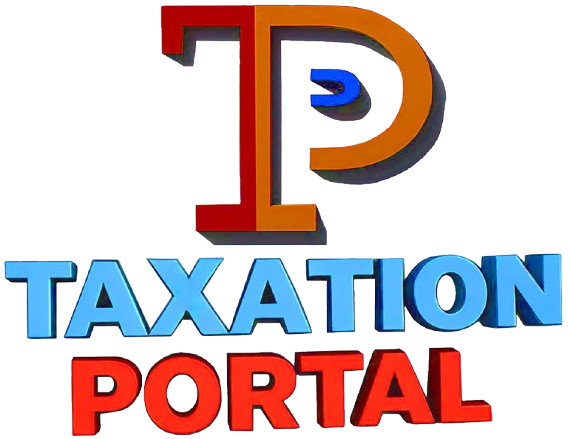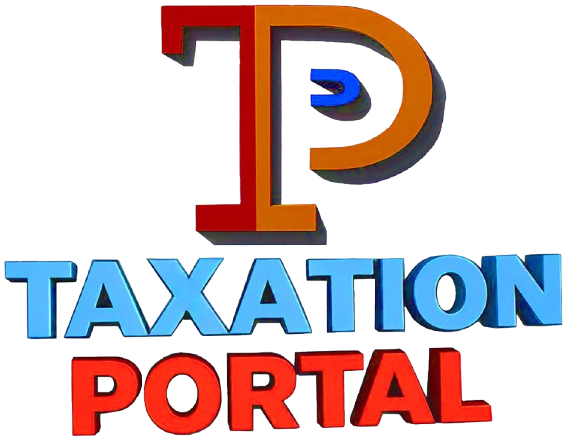
GST (Goods and Services Tax) in India is a dynamic tax regime, and amendments are regularly introduced through notifications, circulars, and changes in the GST Acts (CGST, SGST, IGST, UTGST). These amendments are often based on recommendations from the GST Council, which meets periodically.
Key Amendments Effective from April 1, 2025 (Financial Year 2025-26)
The Financial Year 2025-26 has brought in several crucial changes aimed at enhancing compliance, streamlining processes, and curbing tax evasion.
Mandatory Multi-Factor Authentication (MFA) for All Taxpayers
- To enhance security, MFA (e.g., OTP in addition to password) for accessing the GST portal became mandatory for all taxpayers, irrespective of their Annual Aggregate Turnover (AATO), from April 1, 2025. This was rolled out in phases, starting with higher AATO taxpayers.
Mandatory Input Service Distributor (ISD) Registration
- From April 1, 2025, companies with multiple GST registrations under the same PAN (e.g., branches in different states) are mandatorily required to register as an Input Service Distributor (ISD) to distribute Input Tax Credit (ITC) on common input services like rent, audit fees, software licenses, etc.
- This formalizes the ISD mechanism, which was previously optional, and aims to ensure proper traceability and standardized reporting of common ITC distribution.
Extended 30-Day Time Limit for E-Invoice Reporting (Lowered Turnover Threshold)
- The requirement to report e-invoices on the Invoice Registration Portal (IRP) within 30 days from the invoice date has been extended to businesses with an AATO of ₹10 crores or more, effective April 1, 2025.
- Previously, this applied to businesses with a much higher turnover. This means an e-invoice generated on April 1, 2025, must be reported by April 30, 2025, to avoid rejection by the IRP.
E-Way Bill Generation Restrictions and Limitations
- Generation Restriction: Effective January 1, 2025 (and impacting April 1, 2025 onwards), E-Way Bills can only be generated for invoices/documents issued within the preceding 180 days. This aims to prevent backdating of invoices.
- Extension Limitation: The total extension period for E-Way Bills has been capped at 360 days from the original generation date, preventing indefinite transit periods.
Biometric Authentication for Directors/Promoters (for Company Registrations)
- Starting March 1, 2025, directors and promoters of companies (private, public, foreign entities) are required to complete biometric authentication at a GST Suvidha Kendra (GSK) in their home state during the GST registration process for enhanced verification.
GST Rate Adjustments for Hotels and Used Cars
- Hotels: The “Declared Tariff” concept has been abolished. GST will now be levied based on the actual amount charged. Hotels charging above ₹7,500 per unit/day for accommodation will attract an 18% GST rate on restaurant services, along with ITC benefits.
- Used Cars: The GST rate on the sale of used cars has increased from 12% to 18%, impacting the pre-owned car market.
New Invoice Series and Turnover Calculation
- From April 1, 2025, businesses are required to begin using a new invoice series to maintain accurate records.
- Businesses must also recalculate their aggregate turnover to determine their liability for GST registration, eligibility for QRMP scheme, and e-invoicing.
Enhanced Credit Note Compliance
- Recipients of credit notes must now accept or reject them through the Integrated Management System (IMS) on the GST portal to prevent mismatches in ITC claims.
Key Amendments Effective from July 1, 2025
These are significant upcoming changes to GST return filing
Hard-locking of GSTR-3B Table 3 Values
- From the July 2025 tax period onwards, the auto-populated sales liability values in Table 3 of GSTR-3B (from GSTR-1, GSTR-1A, or IFF) will become non-editable.
- This means taxpayers cannot manually change the outward supplies and taxes reported in GSTR-3B if they differ from GSTR-1. Any corrections must be made in GSTR-1A before filing GSTR-3B for that period. This aims to ensure consistency between GSTR-1 and GSTR-3B and prevent revenue leakage.
Time-Barring of GST Return Filing (3-Year Limit)
- The GST Network has implemented the rule that taxpayers will not be able to file GST returns (GSTR-1, GSTR-3B, GSTR-4, GSTR-5, GSTR-5A, GSTR-6, GSTR-7, GSTR-8, and GSTR-9) beyond three years from their due date.
- This rule was notified by CBIC effective October 1, 2023, and the GSTN has now brought this validation live on the official GST portal from July 2025. Taxpayers with pending returns from older periods need to file them immediately.
Proposed Amendments (from Budget 2025-26 & other discussions)
Some amendments have been proposed in the Finance Bill 2025 or are under discussion by the GST Council
Amendment to Section 34(2) of CGST Act (Credit Notes)
- Proposed to explicitly require the reversal of corresponding input tax credit (if claimed by the recipient) when a credit note is issued by the supplier for reduction of tax liability. This aims to prevent revenue loss due to mismatched ITC claims.
Track and Trace Mechanism (Section 148A & 122B)
- Proposed insertion of Section 148A to provide an enabling mechanism for “Track and Trace” for specified commodities (likely for anti-evasion measures).
- Section 122B is proposed for penalties related to contraventions of this mechanism.
SEZ/FTWZ Supplies in Schedule III (Retrospective Effect)
- Proposed amendment to Schedule III of the CGST Act, 2017, to clarify that the supply of goods warehoused in an SEZ or FTWZ to any person, before clearance for export or to the Domestic Tariff Area (DTA), shall not be treated as a supply of goods or services. This amendment is proposed to be applicable retrospectively from July 1, 2017, but with no refund of tax already paid for such transactions.
10% Pre-deposit for Appeals (Penalty-only Cases)
- Proposed amendment to Section 107(6) of the CGST Act, 2017, to mandate a 10% pre-deposit of the penalty amount for appeals before the Appellate Authority in cases where the appeal involves only a penalty demand, without any tax demand.
GST on Health Insurance and Rate Rationalization
- The GST Council is expected to discuss the rationalization of GST rates, including a possible reduction in GST on health insurance premiums (currently 18%).
- There are discussions about reducing the number of GST slabs (e.g., merging 12% and 18% slabs) and addressing inverted duty structures.
- The 56th GST Council meeting is expected in June 2025 to discuss these and other pending agenda items.
Compensation Cess Post-2026
- A Group of Ministers (GoM) is studying the possibility of a new tax levy to replace the compensation cess after it ends on March 31, 2026. Their report is expected by June 30, 2025.
GST on Drones
- Unification of GST levy on commercial drones is being contemplated, with a potential reduction from 28% to 5% and clarification on drones with detachable cameras.
These amendments aim to improve tax administration, plug loopholes, and enhance compliance, but they also require businesses to adapt their systems and processes proactively. Get help from our tax experts.

